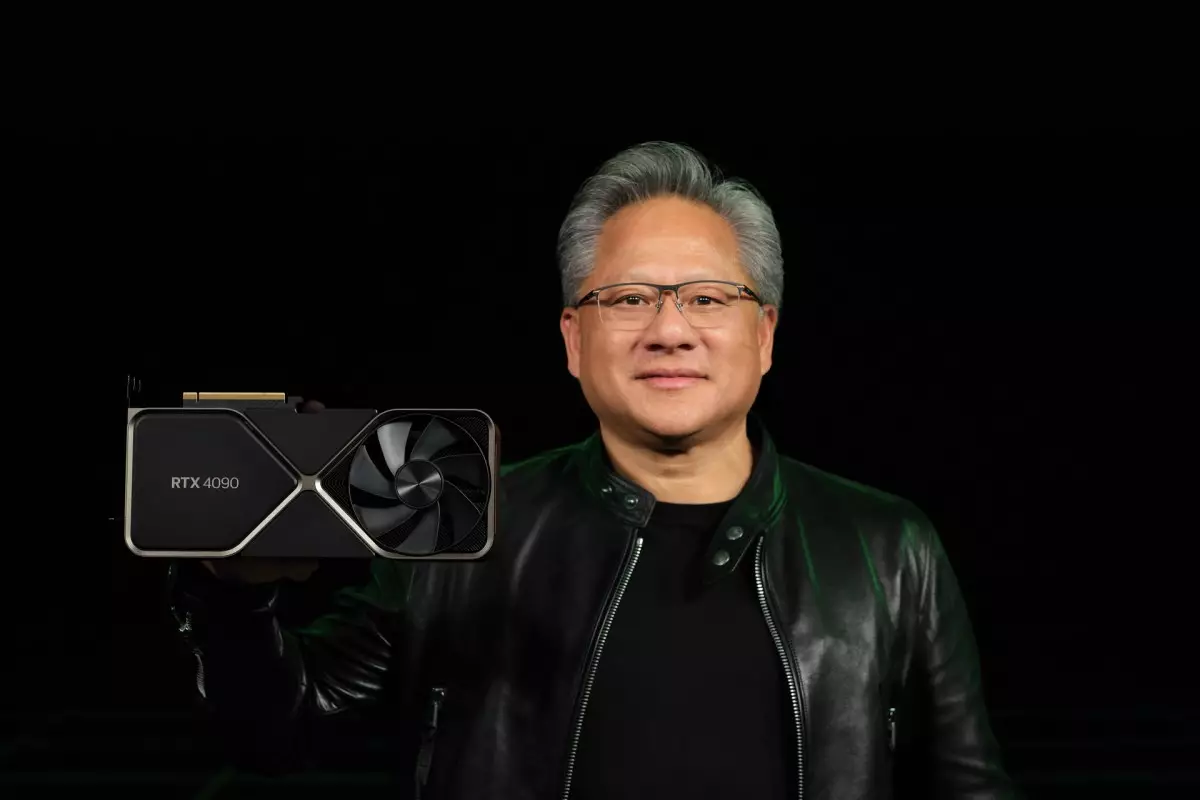The landscape of technology mergers and acquisitions is shifting dramatically, particularly within the European Union. Recently, the EU has intervened in chipmaker Nvidia’s planned acquisition of the Israeli AI startup Run:ai, a move that underscores the regulatory body’s increasing vigilance over potential anti-competitive practices in the rapidly evolving tech sector. This raises pressing questions about the future of tech acquisitions and the implications for innovation and competition in Europe.
In April 2023, Nvidia, renowned for its prowess in graphics processing units (GPUs), announced its intention to acquire Run:ai for a staggering $700 million. Run:ai specializes in managing AI workloads, a critical area as industries increasingly rely on advanced AI technologies. However, the excitement surrounding this merger has been dampened by a referral from Italy’s competition authorities to the EU, indicating a possible threat to competition within the region. Although the proposed deal did not meet the EU Merger Regulation (EUMR) thresholds for mandatory notification, Italy’s concerns prompted a deeper review.
Italy’s decision to invoke Article 22(1) of the EUMR highlights a significant tool available to EU member states, allowing them to request an examination of mergers that might threaten competition within their local markets, despite lacking a broader EU dimension. The European Commission’s acknowledgment of this referral signals its agreement with Italy that the merger could significantly impact competition not only within Italy but across the European Economic Area.
The Commission’s statement indicates that the potential merger raises considerable concern as both Nvidia and Run:ai are key players in fields that are critical for Europe’s technological landscape. The focus on market competition is especially relevant given the backdrop of Big Tech’s accumulation of power unchallenged for so long by regulatory bodies. The EU’s proactive stance now points to a new era where tech giants may no longer enjoy the previously prevailing, lax oversight.
Following the referral, Nvidia now faces a crucial step—formally notifying the EU of the transaction, an action that entails a meticulous examination of the merger’s implications. This is not merely bureaucratic; it represents a significant operational hurdle for Nvidia. Until the company receives clearance from the Commission, it cannot proceed with the acquisition, leading to potential delays.
The worry is that if preliminary checks reveal serious issues, it could trigger a more in-depth investigation, potentially extending the review process for months. Such uncertainties can disrupt strategic planning, impact stock prices, and alter the competitive dynamics within the AI and semiconductor industries.
The context for this increased scrutiny stems from a broader recognition among regulators about the importance of maintaining competitive markets. Historically, the tech industry has witnessed a trend of large firms acquiring promising startups, often leading to concerns that such consolidations may stifle innovation and limit market opportunities for smaller, agile competitors. The fear of monopolistic behaviors, especially in burgeoning sectors like AI, has prompted regulators to adopt a more hawkish stance.
As the AI sector continues to grow exponentially, with its reliance on critical resources like GPUs, the implications of such mergers raise substantial questions about the power dynamics at play. The potential concentration of capabilities within a few players could lead to a narrow focus on innovation, reducing the vibrancy of the broader marketplace.
Nvidia’s spokesperson did express a willingness to cooperate with regulators throughout this review process, highlighting the importance of transparency and communication. However, the bigger picture remains: the EU is not merely reviewing a merger; it is setting a precedent for future tech transactions.
As regulators catch up with the fast-paced technological advances, the scrutiny faced by companies like Nvidia could redefine acquisition strategies across the industry. The outcome of this case may serve as a bellwether for how tech firms navigate the regulatory landscape in an era where compliance could become as critical as innovation itself. The tech sector may need to brace itself for an environment where corporate ambitions are closely monitored, fundamentally altering the approach to growth and competitiveness in Europe.

